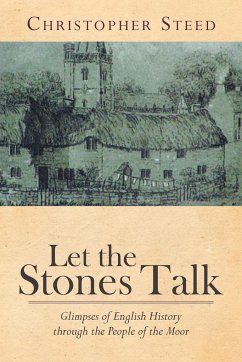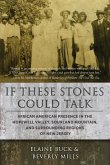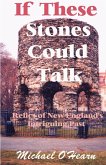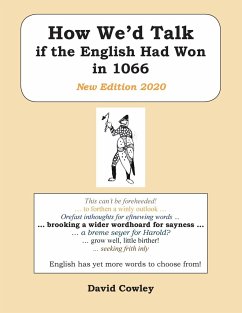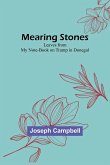Who were the People of the Moor? Sixty generations have lived here since the Roman Second Legion descended from the skyline. What is the significance of the spirit-road....or a beautiful pavement in a villa buried by the soil of centuries? Who were the mysterious hill-fort people who established a high-status society on an ancient site? We encounter Norman lords and the lives of the miserable, a Mayor of Bristol who lost his wife when Black Death swept the people away, a senior Judge but also the common people, determined to build a magnificent structure as a sign of faith and hope for the future. What would it have been like to go to church in 1460? We read of the irrepressible way that the late medieval life of Merry England spills over into the church; of payments to minstrels and skilled craftsmen. The People of the Moor have to face up to religion-shock as a reform movement rocks their foundations. They contend with a tsunami, pirates and soldiers. As the generations roll by, we experience life in an 18th century village and witness a remarkable experiment by Hannah and her sisters. An in-depth look at the mid-Victorians holds up a mirror to social transformation on wheels and the challenge of educating and providing for the poor. Some intriguing characters pass each other in the street in 1840. Who is the village tailor, a yeoman farmer with relatives sentenced to death or transportation to Australia, a Quaker girl and the old gypsy who will die next year in the workhouse? In time new forms of power take hold and rural communities between the wars experience rapid social change. This story of small communities on their journey through time is a microcosm of English history. The march of 60 generations is our story too.
Hinweis: Dieser Artikel kann nur an eine deutsche Lieferadresse ausgeliefert werden.
Hinweis: Dieser Artikel kann nur an eine deutsche Lieferadresse ausgeliefert werden.
